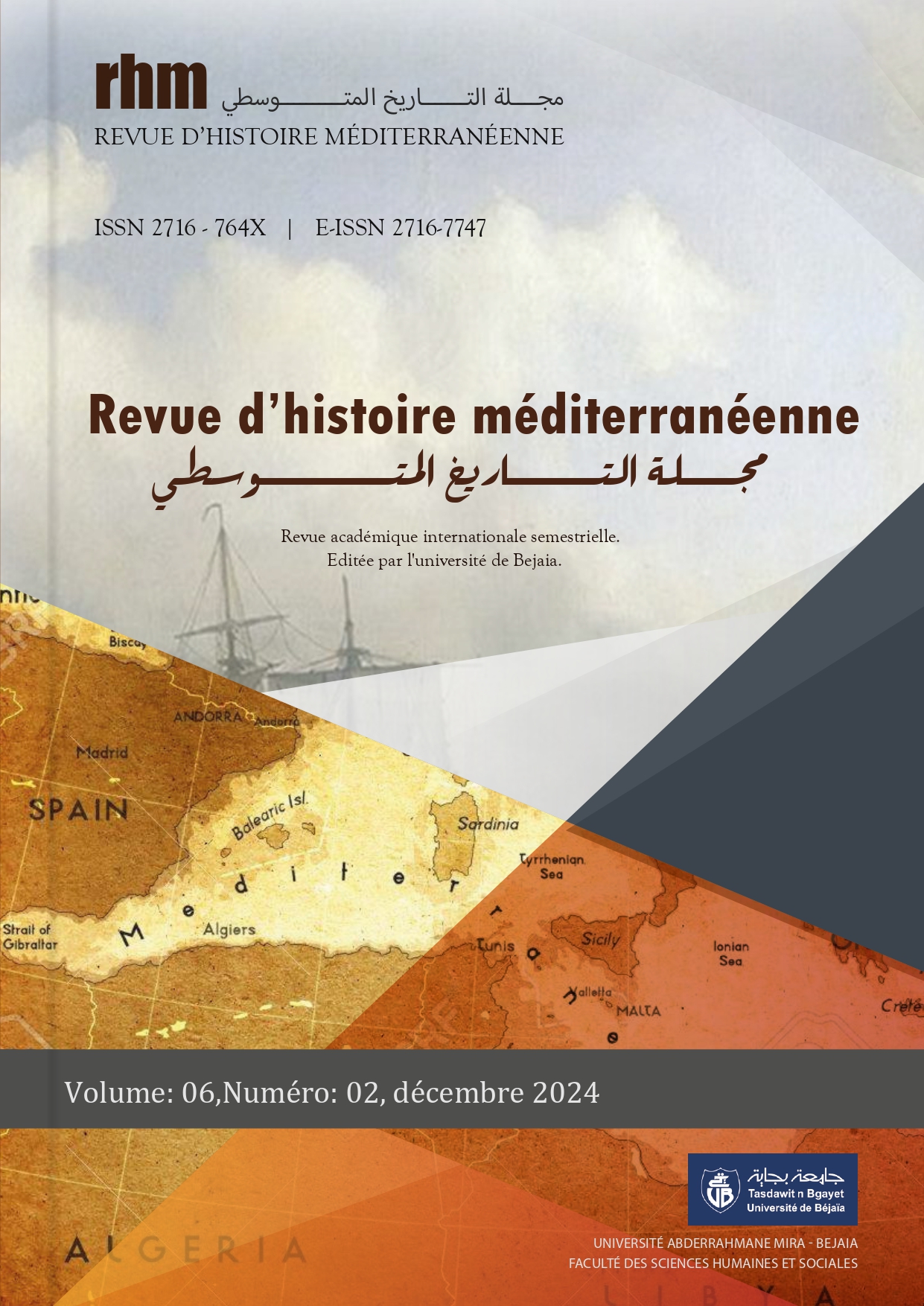Changes in migration policies in France from 1918 to 2024
Résumé
This article examines the evolution of France's immigration policies from 1918 to 2024, tracing how economic needs, political ideologies, and social tensions have shaped its approach to immigration. Initially driven by labor demands after World War I, France encouraged the recruitment of foreign workers, yet policies fluctuated based on economic cycles and public sentiment. The post-World War II era saw a period of economic growth, prompting large-scale immigration and the beginnings of integration policies. However, the oil crisis of the 1970s led to a shift towards restriction, intensified by rising anti-immigrant sentiment. In the 21st century, new challenges, including security concerns, the refugee crises, and debates on secularism, have led to policies balancing security with integration. Macron’s recent reforms reflect this balance, emphasizing streamlined asylum processes, stricter border controls, and policies aimed at preserving French values. Through a historical and policy analysis, this article highlights how France’s immigration policies reflect broader struggles with national identity and integration, offering insights into potential pathways for a more inclusive and cohesive society.











